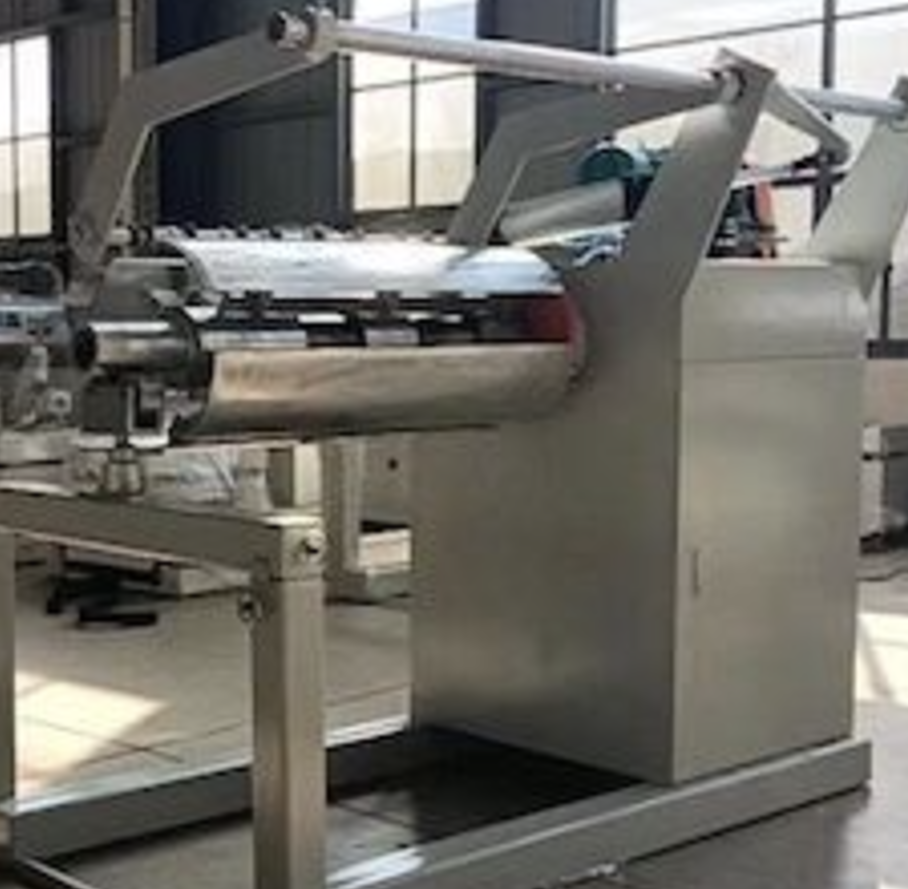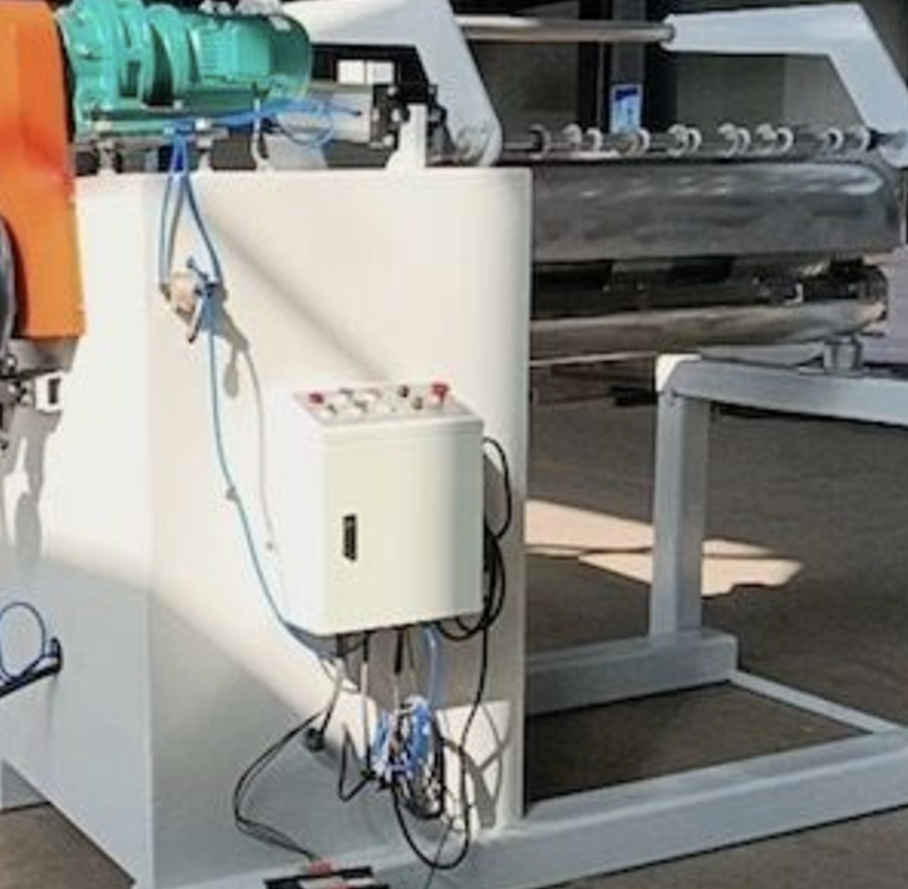To express an interest in this machine please submit the form below.

Not Sure What Machine You Need?
Select Your Profile, We'll Match It
Choose your desired profile drawing, and let Machine Matcher connect you with the best roll forming machine tailored to your needs.
Browse Profiles


A recoiler machine is an essential component in metalworking processes, primarily used to rewind metal strips into coils after they have undergone processing. These machines are vital in applications like roll forming, slitting, and cutting lines, ensuring efficient handling and storage of metal coils for transport or further processing. Recoiler machines are designed to handle various materials, including steel, aluminum, and other metals, and can accommodate a wide range of widths, thicknesses, and coil weights.
Below are the typical specifications for a recoiler machine, which can be tailored depending on requirements.
| Feature | Specification |
|---|---|
| Material Width | 300 mm to 2000 mm |
| Material Thickness | 0.3 mm to 10 mm |
| Coil Weight Capacity | Up to 30,000 kg |
| Rewinding Speed | 20 m/min to 100 m/min |
| Drive System | Servo or hydraulic motor-driven |
| Tension Control | Pneumatic or hydraulic tension control for precision rewinding |
| Expandable Mandrel | Mandrels range from 508 mm (20 inches) to 610 mm (24 inches), adjustable to accommodate coil sizes. |
| Safety Features | Guard enclosures, emergency stop systems, and overload protection |
| Control System | PLC-based touchscreen interface for easy operation and adjustments |
| Power Requirements | 380V/50Hz or customized as per local requirements in Florida |
Q1: What industries in Florida commonly use recoiler machines?
Q2: Can recoiler machines handle different materials?
Q3: What should I consider when choosing a recoiler machine for use in Florida?
Q4: What maintenance is required for a recoiler machine?
Q5: How does a recoiler machine improve production efficiency?
Q6: Are there specific safety regulations for using recoiler machines in Florida?
Copyright 2026 © Machine Matcher.